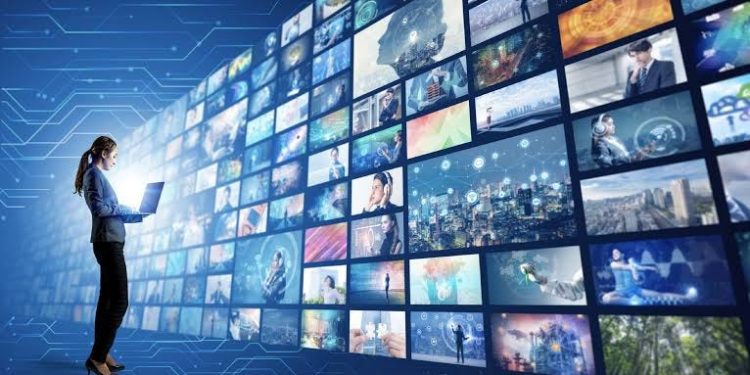Entertainment plays a pivotal role in shaping society, influencing cultural norms, and reflecting the values and aspirations of communities around the world. From the early forms of storytelling and performance to the modern-day mediums of film, television, music, and Watch CW In UK, entertainment has a profound impact on individuals, communities, and society as a whole. This article examines the multifaceted influence of entertainment on society, exploring its power to inspire, provoke, and shape the way we think, feel, and interact with the world around us.
Cultural Influence and Representation
Entertainment serves as a mirror reflecting the diversity and complexity of human experience, offering insights into different cultures, perspectives, and identities. Through storytelling, music, and visual arts, entertainment media provides a platform for marginalized voices to be heard, challenging stereotypes, and promoting inclusivity and empathy.
Moreover, representation in entertainment media plays a crucial role in shaping societal attitudes and perceptions. By portraying diverse characters and narratives, entertainment can challenge stereotypes, promote social justice, and foster a greater sense of understanding and acceptance among individuals from different backgrounds and identities.
Influence on Social Behavior and Values
Entertainment media has a profound influence on social behavior, shaping the way individuals perceive themselves and others, as well as the values they hold dear. Through the portrayal of aspirational characters, moral dilemmas, and social issues, entertainment can inspire empathy, compassion, and social responsibility among audiences.
Conversely, entertainment media can also perpetuate harmful stereotypes, glorify violence, and reinforce negative societal norms. The glamorization of materialism, substance abuse, and unhealthy relationships in popular culture can contribute to the normalization of harmful behaviors and attitudes, particularly among impressionable audiences.
Shaping Political Discourse and Public Opinion
Entertainment media has long been used as a tool for political and social commentary, providing a platform for artists, writers, and filmmakers to critique authority, challenge the status quo, and advocate for social change. From political satire and protest music to documentary filmmaking and investigative journalism, entertainment has the power to provoke thought, stimulate debate, and mobilize collective action.
Moreover, entertainment media can shape public opinion and influence political discourse by framing issues, shaping narratives, and shaping perceptions of reality. The portrayal of political leaders, events, and ideologies in film, television, and digital media can shape public perceptions, attitudes, and voting behavior, influencing the outcome of elections and the direction of public policy.
Economic Impact and Industry Trends
Entertainment is not only a cultural force but also a significant economic driver, generating billions of dollars in revenue and creating millions of jobs worldwide. The entertainment industry encompasses a wide range of sectors, including film, television, music, gaming, live performance, and digital media, each contributing to the global economy in unique ways.
Moreover, the rise of digital streaming platforms and online distribution channels has transformed the entertainment industry, disrupting traditional business models and changing the way content is produced, distributed, and consumed. The proliferation of streaming services like Netflix, Amazon Prime Video, and Spotify has democratized access to entertainment, empowering creators and audiences alike while challenging established players in the industry.
The Power of Storytelling and Empathy
At its core, entertainment is a powerful tool for storytelling, connecting individuals across cultures, generations, and backgrounds through shared experiences and emotions. Through the lens of storytelling, entertainment has the power to foster empathy, understanding, and connection among diverse audiences, bridging divides and building bridges of understanding and mutual respect.
By embracing diverse voices, perspectives, and experiences, entertainment media can inspire positive social change, challenge injustice, and foster a greater sense of belonging and community among individuals from all walks of life. As society continues to evolve, entertainment will undoubtedly play a central role in shaping the way we perceive ourselves, our communities, and the world around us.
In conclusion, the impact of entertainment on society is multifaceted and profound, influencing cultural norms, social behavior, political discourse, and economic trends. From the portrayal of diverse characters and narratives to the power of storytelling and empathy, entertainment has the potential to inspire, educate, and empower individuals and communities to create a more inclusive, just, and compassionate world. As we navigate the complex interplay between entertainment and society, it is essential to recognize the transformative power of entertainment media and its capacity to shape our collective consciousness and shared humanity.










